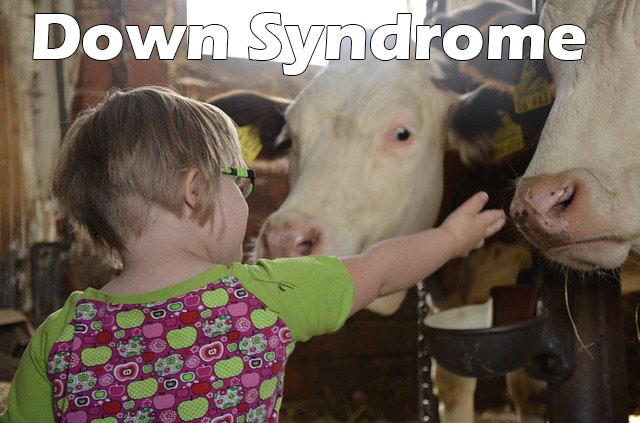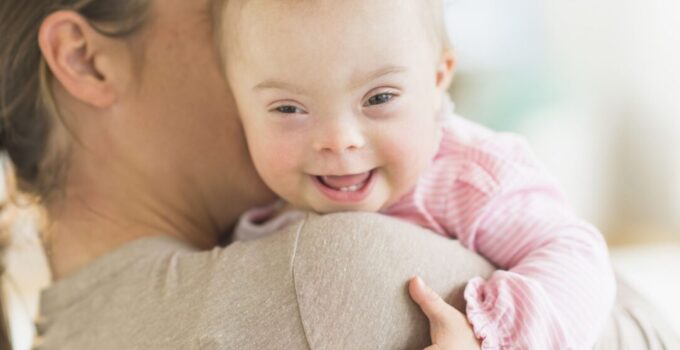Down syndrome is a genetic disorder that affects millions worldwide and as no known cure; it affects most people from the time of fetal development which is why doctors these days often pre-screen the fetus to ensure that fetal development is normal and along expected lines. Down’s syndrome can result in the child experiencing a range of physical and cognitive disabilities. With advanced screening tests, doctors are able to diagnose if the fetus is developing normally or is showing symptoms of Down’s syndrome. Many parents feel blessed to have a Down Syndrome child.

Speech on Down Syndrome
Down’s syndrome is caused by abnormal cell division and this can result in an extra copy of chromosome 21, in every cell which results in Down’s syndrome. The fact that despite decades of research that there is no cure yet for this condition which is often initially heartbreaking, especially for new parents to realize that their child is diagnosed with this genetic disease. This is exactly the reason why couples may want to research the topic in detail so as to understand how to cope if their child is diagnosed with this condition and what to do next.
Many parents feel blessed to have a down syndrome child.
“When you focus on someone’s disability you’ll overlook their abilities, beauty and uniqueness. Once you learn to accept and love them for who they are, you subconsciously learn to love yourself unconditionally.” – Mother of a down syndrome child, The Day My Soul Cried: A Memoir
- Advanced diagnostics: You may want to test your child and use advanced screening tests other than depending on the “physical features”, new babies often share similar facial features which is why an advanced diagnostics test makes more sense. Once the diagnosis is confirmed, you can then approach the doctor and seek advice. It is vital for all parents to start the treatment process as early as possible as it can help to change the quality of life for their child for the better.
- Early intervention programs: Children diagnosed with Down’s syndrome often require specialized care and as such, early intervention programs can help provide them with required stimulation and help them develop language, motoneuron skills, and much more. Most hospitals should have information on such programs and would be more than happy to suggest the same to you.
- Encourage independence: You may want to teach your kid to be independent at a young age; this should enable him or her to handle several tasks with confidence and in time he should be able to handle most of the basic tasks on his own.
- Meet up with other parents: It is important that you take your kid to meet up with parents and children with Down’s syndrome. This can help your kid develop social skills and these social interactions can enable him or her to lead a near-normal life as an adult, as he grows up.
Down’s syndrome is hard on both the child and concerned parents, there’s no denying it but there is no denying the great bond and love that grows between parent and child. It should also be pointed out that the human spirit is indeed indomitable for several kids diagnosed with Down’s syndrome who have gone on to become adults with full-time jobs who have managed to lead fulfilling lives. It is expected that a treatment to tackle Down’s syndrome may be developed at some point in the near future but for the moment, in the words of
“I Have a Dream… someday my son, Zyon and ALL individuals with disabilities will be seen as HUMAN beings.




